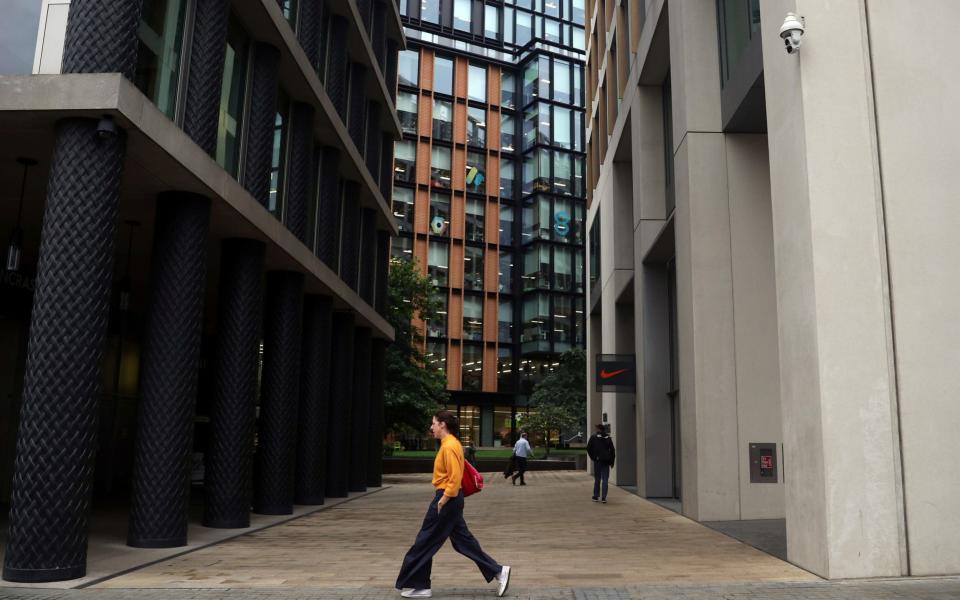Investigation finds facial recognition 'epidemic' across British shopping centres and museums

Facial recognition technology is being used across shopping centres, museums and conference venues around the UK in what privacy groups have warned is an "epidemic".
An investigation by Big Brother Watch found live facial recognition technology, where images of people are transmitted from a live camera feed and matched to a database, had been used in "secret police trials" in Sheffield's Meadowhall last year, which it claimed scanned as many as 2 million visitors' faces.
British Land, which runs the site, said it was no longer operating facial recognition at any of its sites, and that the trial had only lasted for over a month. "All data was deleted immediately after the trial," it said.
The privacy group said the Millennium Point conference centre in Birmingham had also used surveillance. In the privacy policy on its website it says it does "sometimes use facial recognition software at the request of law enforcement authorities", although the venue did not respond to requests for comment.

The World Museum in Liverpool was named in the report as well, for scanning people's faces during the "China’s First Emperor and the Terracotta Warriors" exhibition last year.
The museum's operator National Museums Liverpool said this had been done because there had been a "heightened security risk" at the time. It said it had sought "advice from Merseyside Police and local counter terrorism advisors" and that use of the technology "was clearly communicated in signage around the venue".
Silkie Carlo, the director of Big Brother Watch, said the collaboration between "police and private companies in building these surveillance nets around popular spaces is deeply disturbing".
"Facial recognition is the perfect tool of oppression and the widespread use we’ve found indicates we’re facing a privacy emergency," she said.
"Parliament must follow in the footsteps of legislators in the US and urgently ban this authoritarian surveillance from public spaces."
The findings of the investigation come just days after it emerged facial recognition systems had been deployed around the area around King's Cross.

Developer Argent said it was using the tool as one of "a number of detection and tracking methods", whilst a spokesman for King's Cross claimed there were "sophisticated systems in place to protect the privacy of the general public".
Such schemes are facing increasing scrutiny from regulators, with the UK data and privacy watchdog launching a probe into the King's Cross scheme yesterday.
A formal investigation into the use of technology as a whole, across the UK, was launched late last year by the Information commissioner's office, as a growing number police forces started trialling it.

 Yahoo Finance
Yahoo Finance 